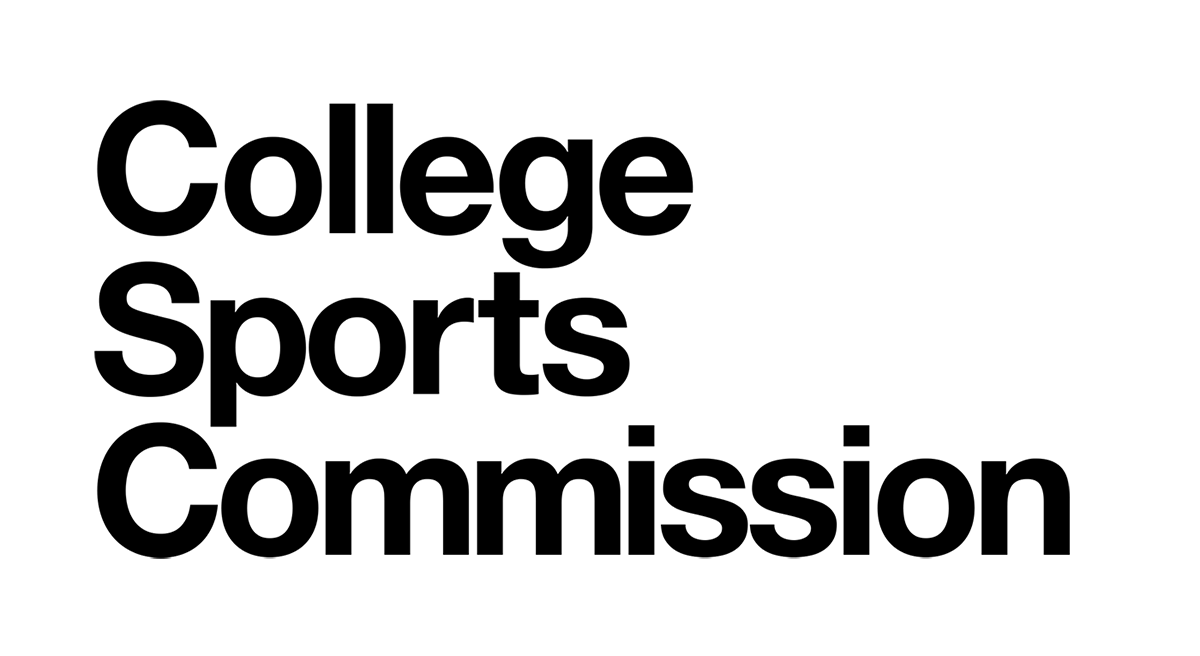This website lays out the new system in place, overseen by the College Sports Commission.

www.collegesportscommission.org
Student-Athlete NIL Deals
Starting June 7, 2025, NCAA Division I student-athletes must report third-party Name, Image and Likeness (NIL) deals with a total value of six hundred dollars ($600) or more in the aggregate. The College Sports Commission will utilize NIL Go, an online portal built with assistance from Deloitte, to determine whether third-party NIL deals are made with the purpose of using a student-athlete’s NIL for a valid business purpose and do not exceed a reasonable range of compensation. Additional guidance on third-party NIL deal reporting will be provided to student-athletes as their institutions are onboarded to NIL Go.
How NIL Go Works
NIL Go offers a simple way for student-athletes to report third-party NIL deals to be evaluated for rules compliance. NIL Go also provides student-athletes the option to clear a third-party NIL deal prior to accepting the deal to confirm that acceptance will not affect their eligibility, allowing student-athletes to move forward with their deals confidently while protecting their eligibility.
The new College Sports Commission has cleared more than 8,300 NIL deals worth nearly $80 million and says 28,342 students have signed up on its NIL Go platform.

www.espn.com
More than 8,300 NIL deals worth $80M approved by new commission
The new College Sports Commission has cleared more than 8,300 name, image and likeness deals worth nearly $80 million, it said Thursday in its first full update on how the new system is working.
The commission, which is in charge of approving contracts worth $600 or more between college athletes and third-party companies, said 28,342 students signed up on its NIL Go platform between June 11, when it launched, and Aug. 31. Nearly 3,200 "representatives" or agents had also signed up.
The platform was created as part of the House settlement, which allows schools to pay athletes directly for their NIL while also offering them a chance to make money from outside groups. NIL Go is in charge of analyzing the outside deals.
It said 332 deals had not been cleared to date and 75 had been resubmitted, while none had entered arbitration, which is available for parties who feel their deals have been wrongly rejected.
The commission said the most common clearance issues were delays in attesting to or providing required information; contradictory deal terms; misreporting of deal terms or mistakes in entering deal terms; and deals that don't satisfy the "valid business purpose" requirement that caused confusion when the platform first rolled out.
The CSC said values of the deals ranged as high as $1.8 million. It said its "deal flow reports" will be updated on a regular basis.




